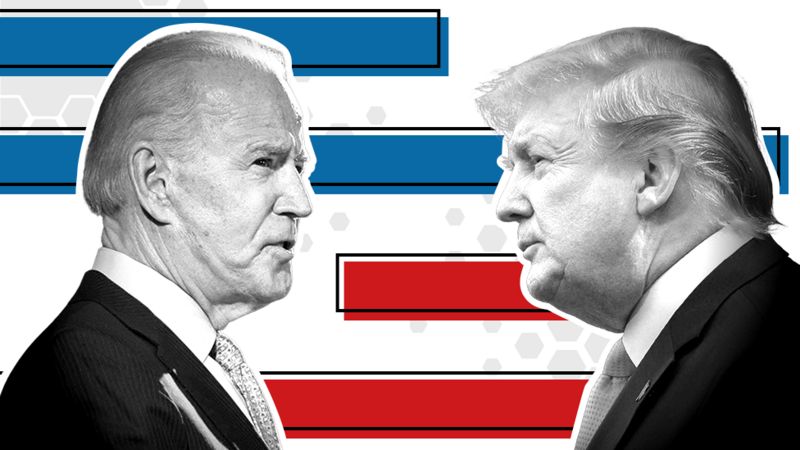
The 2020 United States presidential election was held on November 3, 2020. Voters selected presidential electors who, in turn, will vote on December 14, 2020, to either elect a new president and vice president or reelect Donald Trump and Mike Pence, respectively.
Let’s start by learning some useful vocabulary and phrases that you need to know to be able to talk about elections. Get your notebook, listen carefully, and write down the new words. Firstly, an introductory lesson.
Next, another lesson that teaches a few more words and a useful expression.
Here are the words and phrases from the lesson.
1) apolitical – not connected to a political party
2) two-party-system – when two parties dominate politics
3) independent – a voter who is not registered with a political party
4) moderate – someone who does not have extreme views
5) primary – when voters chose who will be the candidate for that party
6) cast (one’s) ballot – to vote
7) popular vote – the total number of votes a candidate receives
8) Electoral College – a group of people, electors, who cast votes for the election of president
9) winner-take-all – all the votes from one state will go to the candidate who wins
10) partisan – strongly supporting a person or party without considering the matter carefully
11) amend – to change or alter something
12) red state – state that strongly supports Republicans
13) blue state – state that strongly supports Democrats
14) purple state – state with a mix of Democrat and Republican support
15) swing state – state whose votes could go to either the Democrats or Republicans
16) battleground state – means the same as swing state
17) lean left – state that is more likely to vote for the Democrats
18) lean right – state that is more likely to vote for the Republicans
19) fundraise – to collect money for a particular purpose
20) campaign – an organized political group trying to achieve a particular aim
21) PAC / Super PAC – an organization that raises money privately to influence elections
22) civic duty – the responsibilities of citizens of a country
23) civil discourse – conversations concerning ordinary citizens
24) head to the polls – to go vote at a polling location
25) absentee ballot – when someone requests a ballot from election officials and votes by mail
26) mail-in-voting – when election ballots are sent to all registered voters in the state
27) rigged – to dishonestly arrange something to achieve a desired outcome
28) voter suppression – when people are not allowed to vote or discouraged from voting
29) concede – to admit, often unwillingly, that something is true
30) contest an election – when the validity of the results is challenged by the losing candidate
Okay! Now we have the essential vocabulary to join in a discussion about the US election, which is an international event and always draws intense worldwide interest.
Trump won the 2016 election even though Hillary Clinton got 3 million more votes. Watch this video to understand how the US election process works and try to answer the questions below.
QUESTIONS
1. How is the next US president elected in the presidential election?
a: by popular vote
b. by the electoral college
c. by each state
2. How many electoral votes do you need to become president?
a. 270 or more
b. none
c. all 538
3. How many times in the last five US elections has the president won despite getting fewer overall popular votes?
a. once
b. twice
c. five times
4. What does it mean ‘to rubber stamp’ the presidential candidate in the US presidential election?
a. to put a stamp on your postal vote envelope
b. to change your mind about who to vote for
c. to officially endorse the presidential candidate by voting for them without questioning your decision
ANSWERS
1.b; 2.a; 3.b; 4.c
What do you think about this system? How would you compare it to our Brazilian system?

